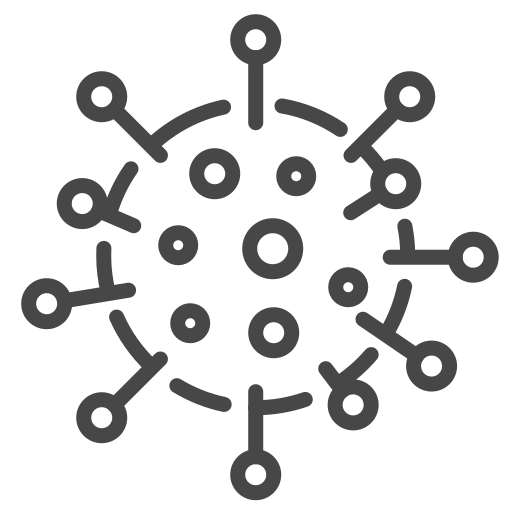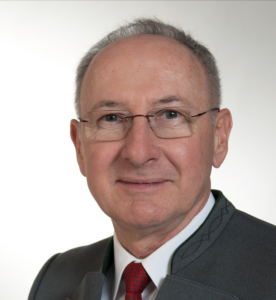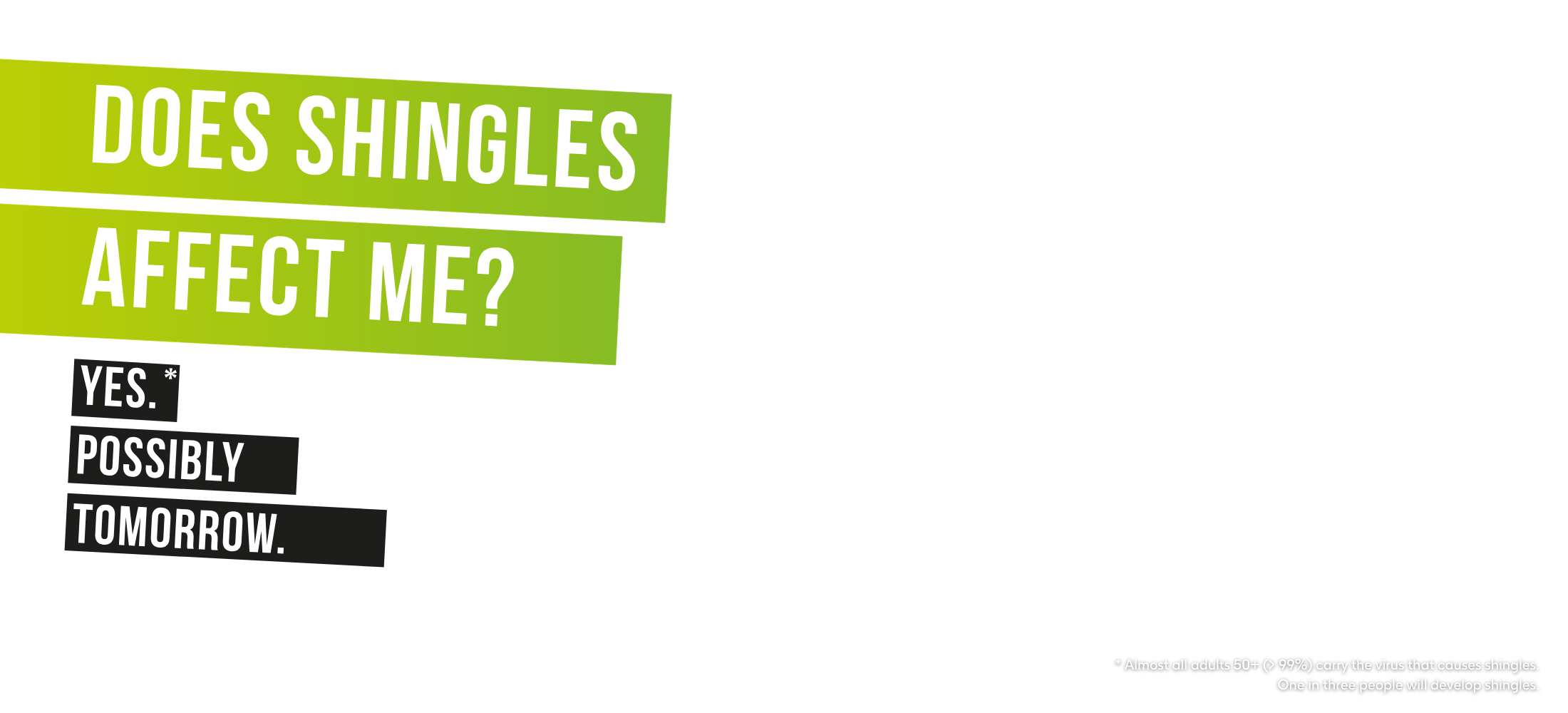Almost all adults carry the virus that causes shingles.
Shingles is caused by reactivation of the varicella-zoster virus, which is also responsible for chickenpox. Almost all adults over the age of 50 (>99 %) carry the virus. After contracting chickenpox, the virus remains dormant in the body. In 1 out of 3 people, it re-actives at some point later in life causing shingles (medically known as herpes zoster), which is often accompanied by severe pain and serious complications.

Learn more about shingles (herpes zoster)
Shingles is a disease that is often underestimated, although it can affect almost anyone. Even individuals in good health may unexpectedly suffer from it and experience pain for an extended period of time. Here you will find out more about the cause of this nerve inflammation, symptoms, possible complications, prevention and treatment.

Vaccination protects against shingles
Shingles can be treated. However, despite therapy, many affected individuals continue to experience persistent pain and limitations in their quality of life and physical capacity.
Talk to your doctor or pharmacist if a shingles vaccination is recommended for you and your own protection against shingles.

Information in several languages
Shingles affects almost everyone over 50, regardless of origin or language. Therefore, we have prepared essential information in several languages. Brochures can be downloaded in German, English, Serbian, Turkish and Hungarian
Talk to your doctor about your risk of getting shingles.
People over 50 are at higher risk.
Shingles can affect people of all ages, but it is more common in individuals over the age of 50. Our immune system naturally weakens over time as we age, which may allow the usually dormant virus to reactivate, causing shingles.
Almost all adults over the age of 50 (>99 %) carry the virus that causes shingles, putting them at risk.

Increased risk
People with an underlying medical condition or immunosuppression have an increased risk of shingles, regardless of their age.
Find out more about the increased risk of shingles in:
Expert statements

Prim. Univ. Doz. Dr. Robert Müllegger
Head of the Department of Dermatology and Venereology, Landesklinikum Wiener Neustadt
„Reactivation of the virus leads to a sometimes massive, painful, vesicular rash, which can be associated with numerous complications. These include eye involvement, meningitis, encephalitis, cranial nerve paralysis, etc. In the medium term, the risk of heart attack and stroke increases. Postherpetic neuralgia is particularly distressing, affecting up to one third of all patients. (...).“

MR Dr. Peter Sigmund
General practitioner in Gamlitz, Styria
„Shingles should be taken seriously. I have observed severe cases with poor healing where the head was afflicted and I know many patients who suffer from postherpetic neuralgia. I also experienced herpes zoster myself, which was a challenging time that one would want to avoid.”
Podcast featuring Martina Rupp
Shingles can affect anyone. Well-known former TV and radio presenter Martina Rupp was unexpectedly confronted with it a few years ago. In her podcast “Betrifft Gürtelrose” she discusses her experience with shingles alongside experts and fellow patients.

Vaccination protects against shingles
In many cases, shingles heals without any lasting effects. However, the disease may often be accompanied by severe and long-lasting complications. Vaccination against shingles can prevent the disease and its possible complications.
Talk to your doctor or pharmacist if a shingles vaccination is recommended for you and your own protection against shingles.
For further information on the vaccination against shingles, please talk to your doctor.
Would you like to learn more?
Comprehensive understanding, compelling stories and ongoing activities provide a more profound understanding of shingles disease.

Our current actions and collaborations
We want to raise awareness for shingles and its severe complications. Therefore, we actively seek opportunities to share knowledge. If you want to stay informed:

Patients tell their stories
No one can describe the experience of shingles better than those who have been affected. Learn about the progression of the disease, its various courses and the potential consequences it can have on your health, family and professional life. This information is based on personal experiences.

